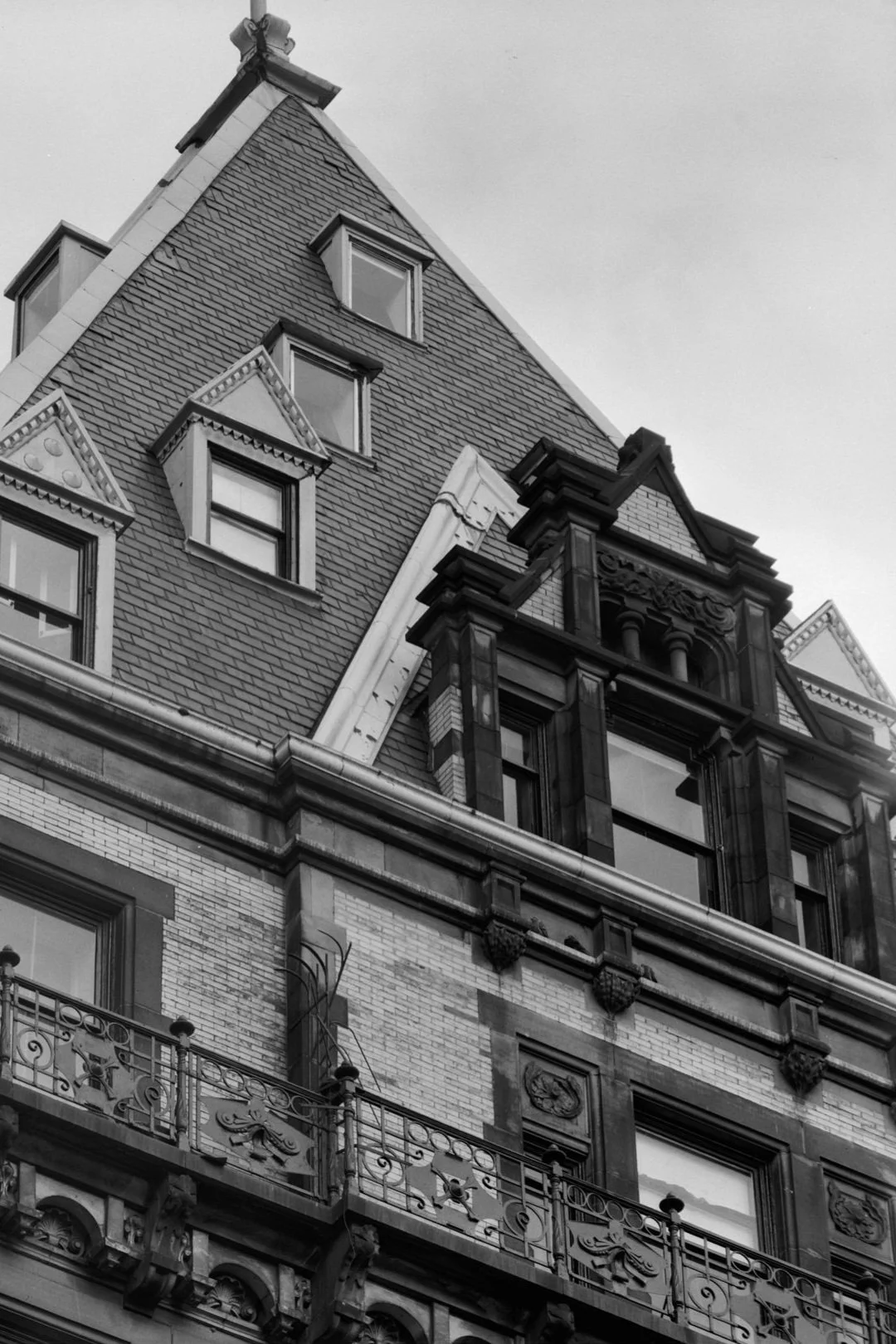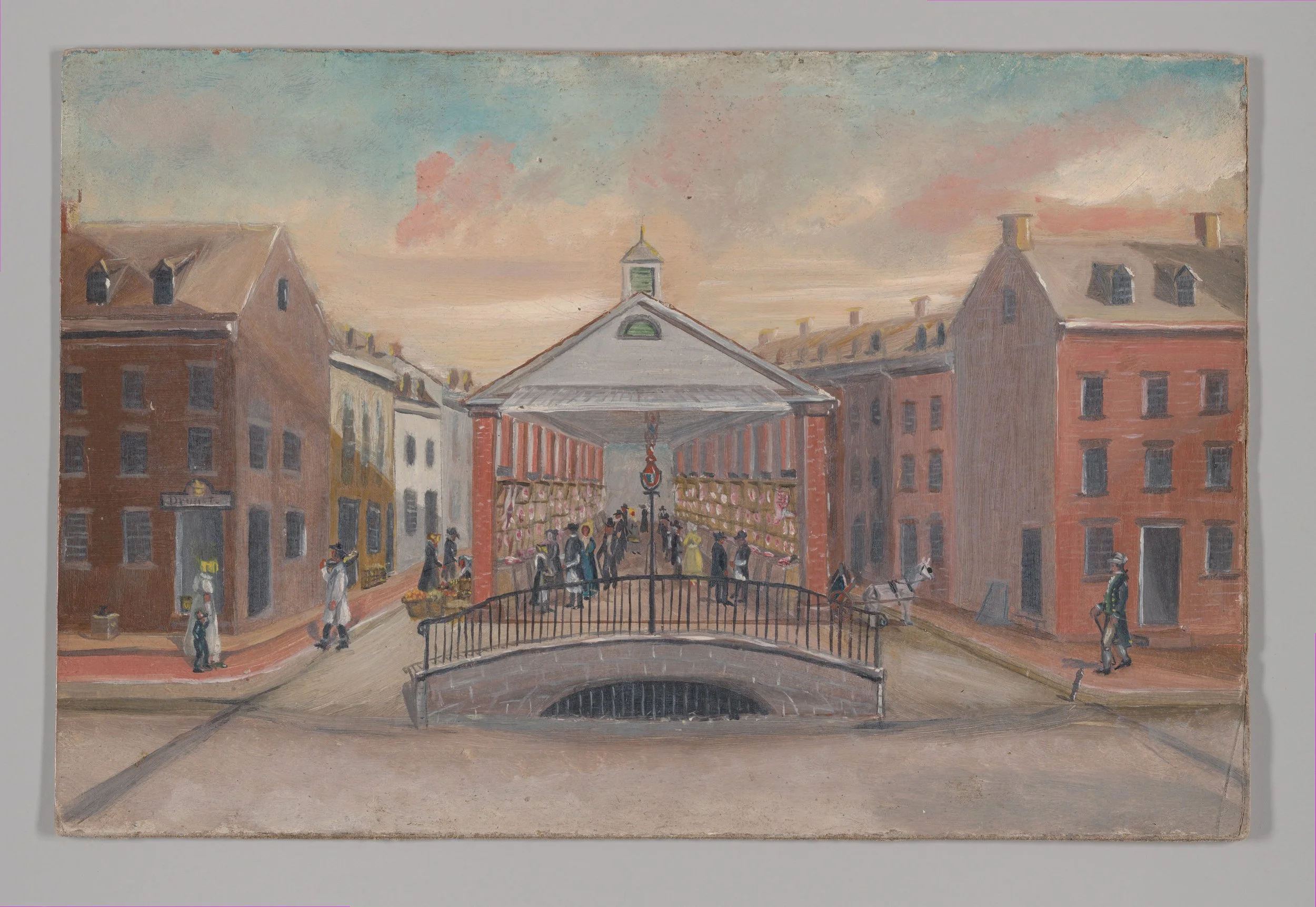(Podcast) Stephanie Azzarone, Heaven on the Hudson
Interviewed by Robert W. Snyder
On the west side of Manhattan, Riverside Park winds between the banks of the Hudson River and the elegant housing of Riverside Drive. In her new book Heaven on the Hudson: Mansions, Monuments, and Marvels of Riverside Park (Fordham UP, 2022), Stephanie Azzarone seeks to lift the park and its surroundings from the shadows of more famous places, like Fifth Avenue, Central Park, and Central Park West.
Read MoreAll the Queens Houses: An Architectural Portrait of New York’s Largest and Most Diverse Borough
Reviewed by Katie Uva
In a sense, emphasizing the vernacular architecture of New York City as quintessential to its character is the project undertaken by Rafael Herrin-Ferri in All the Queens Houses: An Architectural Portrait of New York’s Largest and Most Diverse Borough. The book is an outgrowth of his Instagram, which since 2018 has cataloged more than 600 domiciles throughout different parts of Queens and attempted to describe their incredible eclecticism and flamboyance. The book features a little over 200 houses, photographed on uniformly cloudy days and from a standard angle across the street, usually incorporating neighboring houses to highlight contrasts between houses on a single block.
Read MoreNew Ways to Understand Robert Moses: An Interview with Katie Uva and Kara Murphy Schlichting
By Robert W. Snyder
If you teach courses on New York City’s history, or just have a passing interest in its past, you are sure to come across Robert A. Caro’s biography The Power Broker: Robert Moses and the Fall of New York. Published in 1974, it remains influential and informs an exhibit at the New-York Historical Society, echoes into David Hare’s new play Straight Line Crazy, and appears conspicuously in Zoom conversations on the bookshelves of politicians and journalists.
Read MoreBefore Central Park
Reviewed by Kara Murphy Schlichting
Before Central Park is Sara Cedar Miller’s fourth publication about New York City’s famous greensward. Miller is historian emerita and, since 1984, a photographer for the Central Park Conservancy. Before Central Park is distinctive in its combination of Miller’s photography, her expert understanding of the park’s geography and archeology, and her meticulous real estate history of parkland from the 17th through the 19th centuries.
Read More




